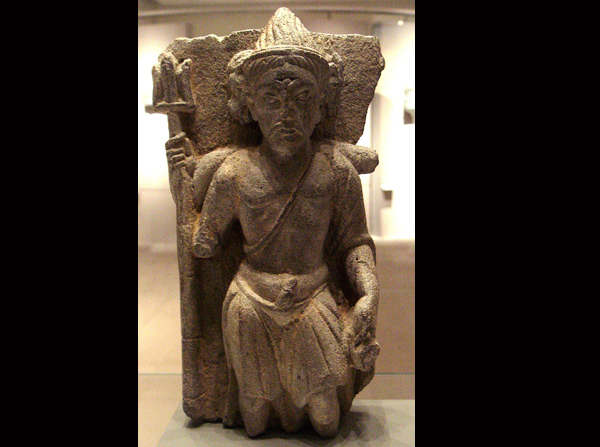
For long have ancient cultures had the tradition of deifying ancestors, worshipping them as heroes or as incarnations of a god or both. Across India, one finds a similar practice where a local hero often becomes a god or is seen as a form of Shiva or Vishnu. According to religious scholars, by doing this tribes seek legitimacy for their local gods or in some cases, it becomes a way of assimilating a small group or cult of worshippers into the larger pantheon. Whatever be the reasons, the stories about these gods are often embedded deeply into the oral traditions of the region—be it as songs, dances, aphorisms or adages.
One such story is about Babir, sung as an ‘ovi’ or a narrative poem that is sung to a metre and extremely popular in parts of Maharashtra. Babir was a cowherd of the Gavli tribe, he was born under very special circumstances when his mother wrested a special boon from Mahadeva. The Gavli woman prayed very hard, night and day, to Mahadev asking him for a son. Finally Shiva had to appear before her and he gave her a choice: she could bear a son who would be wise and brave but only live till he was 12 or she could ask for one who was stupid but endowed with a long and normal life. Much to Mahadev’s chagrin, she chose the wise one. He tried very hard to convince her otherwise but she failed and finally, with no option before him, the god had to incarnate himself as her son.
The boy was named Babir and he grew up as a gifted flute player who would graze the cows in his herd. At the age of twelve, he was out in the fields when his cows strayed into the fields of another tribe, the Ramoshis. Angered by this the Ramoshis tried to steal his cows but they could not because when Babir played his flute, the cows returned to him. So they killed him and stuffed his body into a porcupine’s den. The spot was immediately turned into a holy ground and from the den, sprouted a neem tree.
That night, Babir’s mother had a dream. Her son came to her and pointed out the spot where he had been left to die. And thereon he becomes Bholanath or Shiva, protecting his community, especially the poor and helpless.
Story collected by: Arundhuti Dasgupta
Source: The Experience of Hinduism: Essays on religion in Maharashtra, Editors: Eleanor Zelliot and Maxine Berntsen
Location: Maharashtra
Image Source; wikipedia